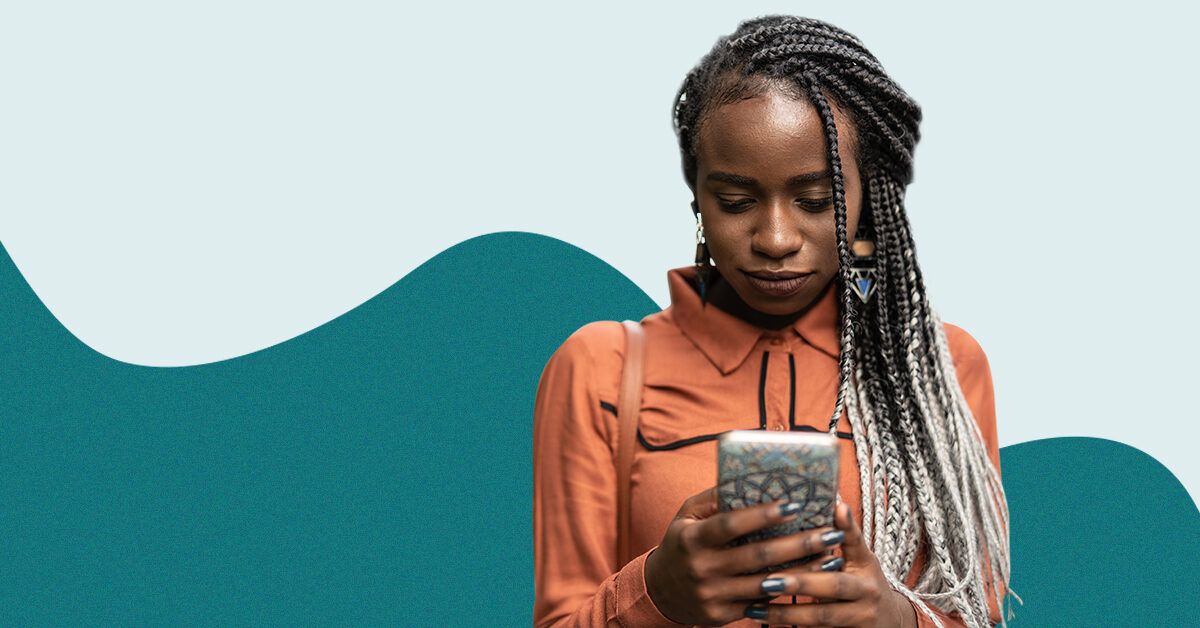
In today’s fast-paced world, taking care of your mental health is more important than ever. Fortunately, there are numerous mental health apps available to help you improve your well-being and manage stress, anxiety, depression, and other challenges. These apps offer a wide range of features, from mood tracking to therapy sessions and meditation exercises. Let’s explore some of the best mental health apps to promote your mental wellness.
MoodKit: Boost Your Mood and Reduce Stress
Developed by two clinical psychologists, MoodKit is a comprehensive app based on cognitive behavioral therapy (CBT) principles. It provides over 200 activities to improve your mood and change negative thinking patterns. With a journal feature, you can track your mood, negative thoughts, and stress management progress.
Talkspace: Professional Therapy at Your Fingertips
Talkspace offers online therapy with direct access to mental health professionals. With plans starting at $69 per week, this option provides an affordable alternative to in-person therapy. You can send messages to your therapist anytime or schedule live video sessions for added support.
Headspace: Learn to Meditate and Improve Sleep
Headspace is a popular meditation app designed to help you live more mindfully. With a wide range of meditations for beginners and experienced users, the app offers sessions from 3 to 20 minutes. Experience stress relief, anxiety control, improved self-awareness, and better sleep through the power of meditation.
Better Stop Suicide: Encouraging Positive Thinking
If you or someone you know is struggling with suicidal thoughts, Better Stop Suicide can be a helpful tool. This app uses psychological techniques to encourage calming thoughts and rational thinking. However, in an emergency situation, always call a suicide hotline or 911.
iBreathe: Reduce Stress with Deep Breathing Exercises
iBreathe is a simple app that focuses on deep breathing exercises to reduce stress and anxiety. With a clutter-free design, it provides a convenient way to practice deep breathing techniques. Set reminders for daily breathing exercises or use it for immediate stress relief.
MindShift CBT: Tackle Anxiety with Cognitive Behavioral Therapy Tools
MindShift CBT is aimed at relieving anxiety using cognitive behavioral therapy tools. It helps you address worry, panic, perfectionism, social anxiety, and phobias. The app includes meditations, thought journals, coping cards, and activities to develop healthy habits and face fears.
Quit That!: Overcoming Addictions and Tracking Habits
Quit That! is a helpful app for overcoming various habits and addictions. Whether it’s smoking, drinking alcohol, using drugs, or consuming caffeine, the app helps you track your progress. For more serious addictions, seeking professional help is recommended.
Happify: Games to Boost Your Mood
Happify uses games developed with positive psychology techniques and CBT interventions to improve mood. It offers activities to help you cope with stress, fuel career success, achieve mindfulness, conquer negative thoughts, and build self-confidence. The free version of Happify provides access to some games and information.
Recovery Record: A Tool for Eating Disorder Recovery
Recovery Record is an excellent tool for anyone recovering from an eating disorder. It allows you to track your food, thoughts, and feelings during meals. By linking the app to the Recovery Record Clinician App, your treatment team can easily monitor your progress and support your recovery journey.
NOCD: Assisting in OCD Treatment
NOCD combines mindfulness and exposure-response techniques to assist in OCD treatment. With the app, you can schedule live video therapy sessions with licensed OCD therapists and receive ongoing support. Get personalized OCD therapy from the comfort of your own device.
Calm: Mindfulness and Meditation for Better Sleep
Calm is a mindfulness app that offers guided meditations, breathing techniques, and calming exercises. These practices encourage relaxation, relieve stress, and improve sleep quality. Calm also features story recordings and a music library with soothing sounds.
Reframe: Strategies for Reducing Alcohol Intake
Reframe provides strategies and resources to help you drink less alcohol or stop drinking altogether. The app offers a 120-day behavior change program based on neuroscience and cognitive behavioral research. It includes tools for managing cravings, navigating feelings, and connecting to a supportive community.
I Am Sober: Achieving Sobriety and Staying on Track
I Am Sober is a useful app for those aiming to quit alcohol and maintain sobriety. It helps you identify triggers, recognize patterns, and develop healthy habits to support your goals. The app offers a withdrawal timeline, daily pledges, milestone tracking, and a supportive community.
Conclusion
Taking care of your mental health is essential for overall well-being. With these top mental health apps, you can conveniently access a variety of tools and resources to manage stress, anxiety, depression, and other mental health challenges. Each app offers unique features and approaches to support your journey towards improved mental wellness. Try out different apps to find the one that best suits your needs and start prioritizing your mental health today.
FAQs
Q: Are these mental health apps available for both iPhone and Android?
A: Yes, most of these apps are available for both iPhone and Android devices. However, it’s always a good idea to check the specific app store for compatibility with your device.
Q: Do these apps replace professional help?
A: While these apps can be beneficial, they are not intended to replace professional help. If you have a serious mental health condition or require specialized treatment, it’s essential to consult a mental health professional.
Q: Are these apps free to use?
A: Some of these apps offer free versions with limited features, while others require a subscription or purchase for full access. Check the app details in your respective app store for pricing information.
Q: Can I use multiple mental health apps simultaneously?
A: Yes, you can use multiple mental health apps simultaneously if they offer different features and address different aspects of your mental health. Combining various resources can enhance your overall well-being.